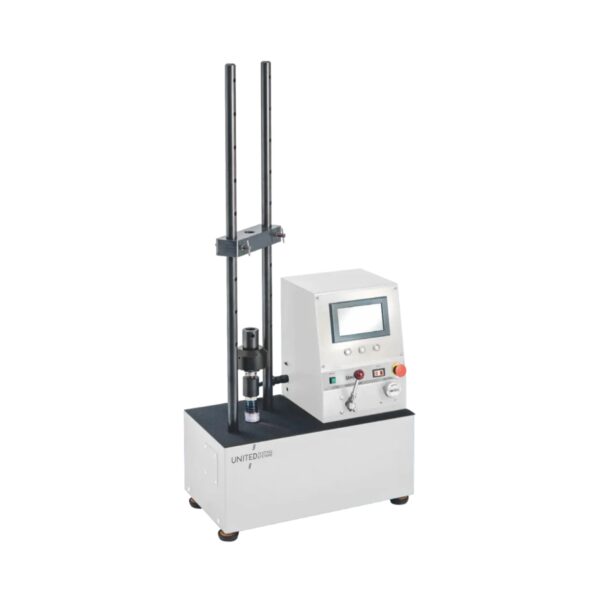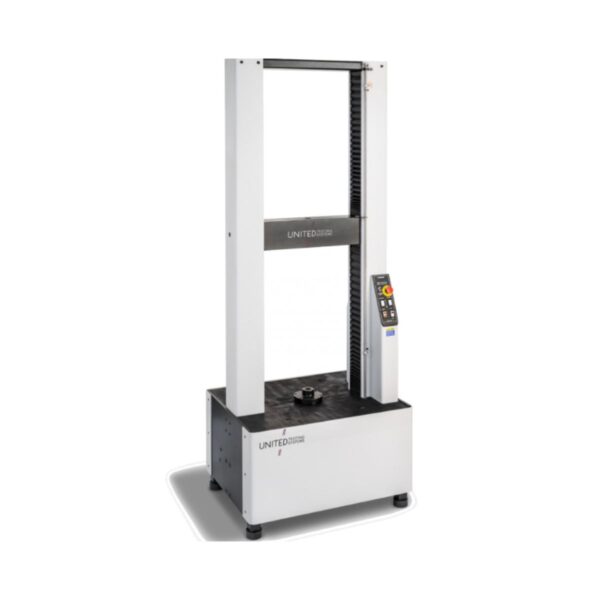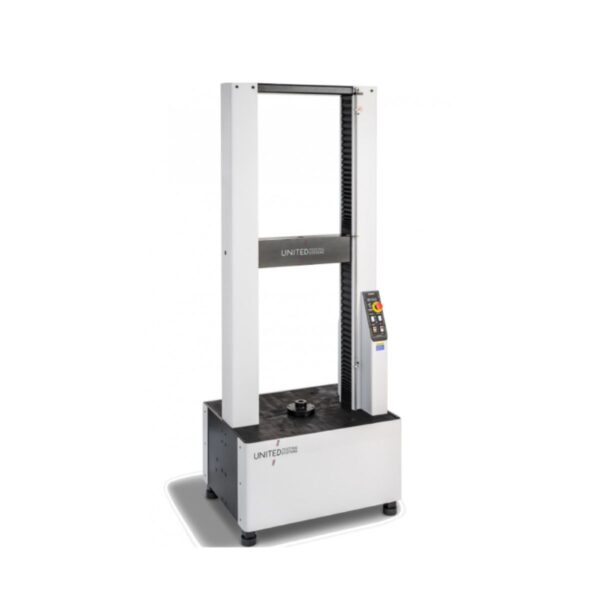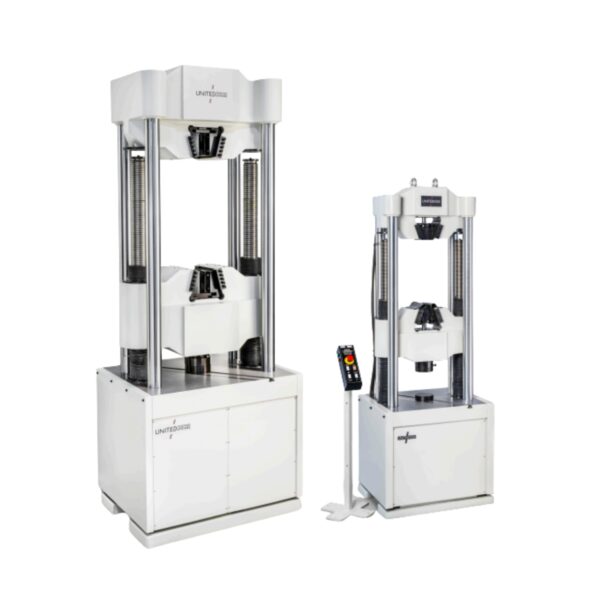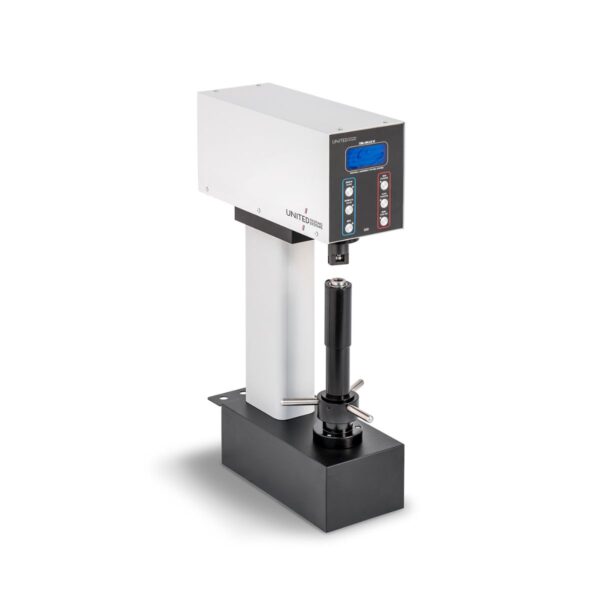United Testing Systems – Speedy Tester – United LCH
The United Model LCH Speedy Tester is a portable, hydraulic testing machine incorporating a highly accurate, built-in digital information system for the display of test data.
The United Model LCH Speedy Tester is a portable, hydraulic testing machine incorporating a highly accurate, built-in digital information system for the display of test data.

